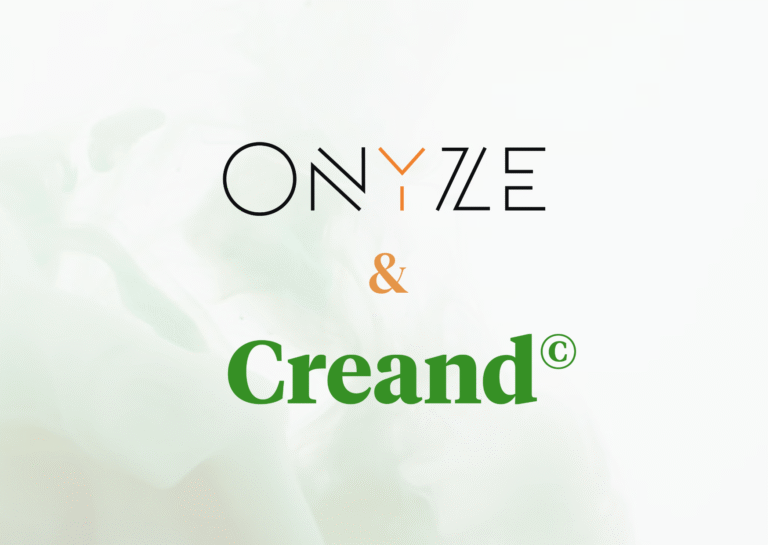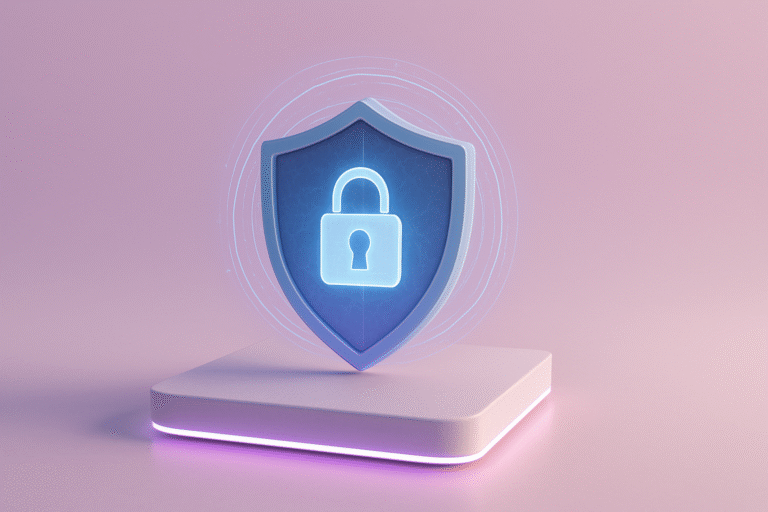Oracles, a fundamental part of permissionless DLTs such as blockchain, are mechanisms that provide smart contracts with access to external data, extending their functionality beyond the information available within the blockchain. This article explores in detail what oracles are, why they are necessary for smart contracts, and the challenges they face.
What is an oracle?
Oracles are applications that allow smart contracts to access, verify and transmit external information. Without an oracle, smart contracts would be limited to the information stored on the blockchain, significantly limiting their usefulness. There are different types:
- Hardware: These are sensors embedded in physical objects. Prime examples would be supply chain tracking using RFID tags to feed the blockchain with data, such as the environmental conditions of products.
- Software: These are the most common way to extract data from third-party sources, such as web APIs, and can include real-world information
- Consensus: They are a step toward decentralized oracles and are based on aggregating data from multiple oracles using proprietary methods to determine their authenticity and accuracy.
- Input: Reflect “if this happens, then do that” scenarios associated with software oracles, such as “if an asset reaches this price, then trigger a sale.
- Output: Allow smart contracts to send data to sources outside the blockchain, and are also software oracles.
Why do smart contracts need oracles?
Smart contracts operate in a permissionless DLT environment that is deterministic in nature. This means that given an initial state and a specific input, they will consistently produce the same results without introducing randomness or variation into the computational process. Oracles, on the other hand, address the challenge of determinism by extracting external information and storing it securely and reliably on the blockchain. This process allows nodes to securely use this external data to compute state changes without compromising the consensus of the network.
Centralized vs. Decentralized oracles
Centralized oracles are controlled by a single entity and offer efficiency, but can present security and trust risks. In contrast, decentralized oracles eliminate single points of failure, rely on the participation of multiple nodes to provide and verify information, and offer greater guarantees of authenticity and availability, but can be more complex to manage.
The oracle problem
The “oracle problem” refers to the challenges associated with the trust, authenticity, and availability of data provided by oracles in smart contracts. Several solutions and approaches are being developed to address this problem:
- Ensure data authenticity: Mechanisms are implemented to verify the authenticity and integrity of data provided. In addition, decentralized oracles rely on multi-node consensus-based validation to reduce the risk of incorrect data.
- Maintain data availability: Measures are taken to ensure that data is always available and regularly updated. Oracle services can use redundancy and fault tolerance to avoid interruptions in data availability.
- Provide incentives to data providers: Incentives are established to encourage external data providers to submit accurate and timely information to Oracle. This can include reputation mechanisms and reward or penalty systems based on the historical performance of the oracle nodes. Decentralized oracles often require nodes to take a financial stake as a guarantee of the accuracy of the data provided.
- Implement consensus and validation protocols: Consensus protocols and validation mechanisms are used to reach agreement on data accuracy among multiple oracle nodes. These protocols may include voting/betting for data accuracy and Schelling point mechanisms to allow nodes to reach consensus on responses to data requests.
- Diversify data sources: Instead of relying on a single external data source, oracles can collect information from multiple sources to increase reliability and tamper resistance. By comparing and contrasting data from multiple sources, oracles can reduce the risk of providing incorrect information.
- Transparency and auditability: Oracle services can provide greater transparency and auditability by making their operations fully transparent and auditable. This can include publishing records of all transactions and operations performed by the Oracle service, allowing users to verify the integrity of the data provided.
Collectively, these solutions seek to address the challenges associated with the use of oracles in smart contracts by improving the reliability, correctness, and availability of external data. It is important to note, however, that the oracle problem remains an active area of research and development in the blockchain space, and new solutions and improvements are continually being explored.
Conclusion
Oracles play a pivotal role in the advancement and adoption of blockchain technology by enabling smart contracts to interact with the real world in a secure and reliable manner, opening up an immense range of use cases. With the continued development of decentralized solutions and robust consensus mechanisms, oracles are positioned to play an even more critical role in the coming era of the decentralized web.
Want to learn more about blockchain technology? Don’t miss these resources!
- Smart contracts: The foundation of dApps
- NFT: The single digital asset revolution
- Exploring the world of Decentralized Finance (DeFi)
At Block&Capital, experts in IT recruitment in Spain, the UK, the USA, and Andorra, we connect companies with exceptional tech talent. Our mission is to create opportunities where growth and success are within everyone’s reach. Contact us today to find the right IT talent for your company.
Last posts





